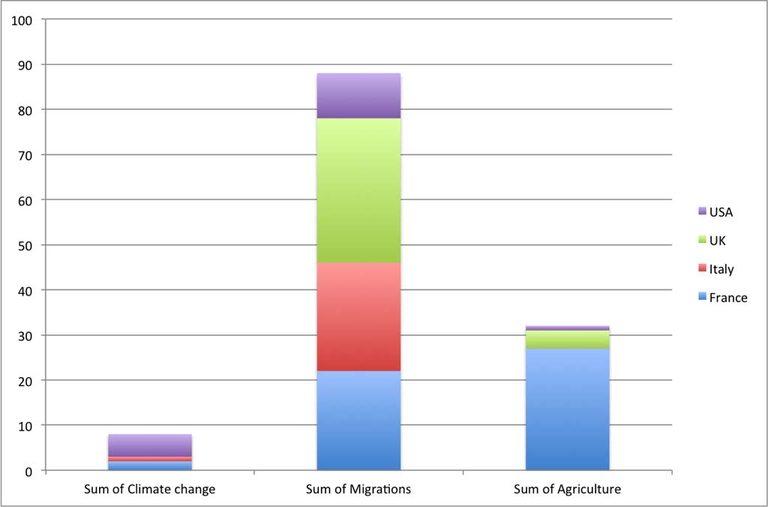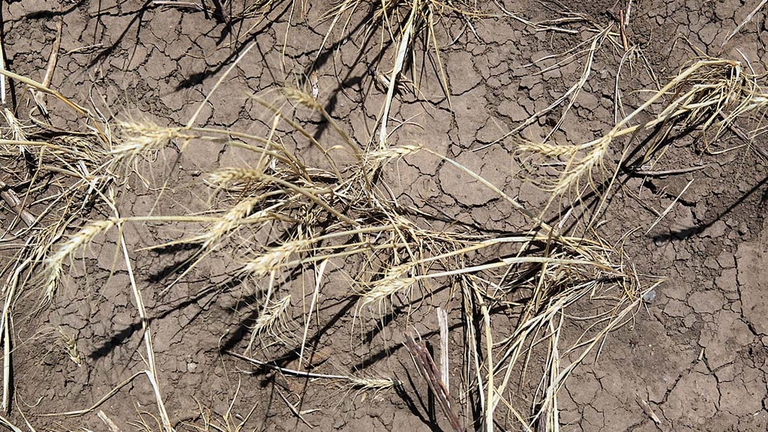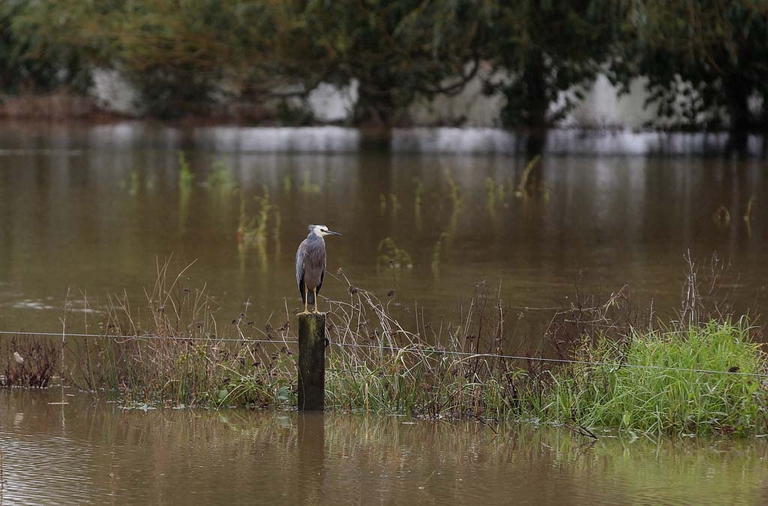
After a landslide led to twelve deaths on the island of Ischia, questions have been raised about the impacts of illegal building, tourism, and climate change.
A report shows how Europe and US mainstream media coverage of climate change is scarce, incomplete and does not give voice to the victims
Despite being the biggest threat facing humanity, climate change fails to reach the headlines in mainstream European and United States news outlets, according to research published last week and funded by the International Fund for Agricultural Development (IFAD).
The study tracked how many times articles on climate change, agriculture and migration appeared on the front pages and TV headlines in Italy, France, the United Kingdom and United States. The research covered two periods of fourteen days each, two months before and two months after the Climate Change Conference that took place in December 2015 in Paris, COP21.
The conference, in which world leaders come to a shared agreement on how to tackle climate change, generated a peak in reports. However, the scenario was very different before and after, with the topics predominantly relegated to specialist sections.
The study also revealed that the media failed to highlight the cause-effect relation that exists between climate change and issues such as migration and food insecurity.
A drought or a flood destroying a season’s crops can leave small-holder farmers around the world with nothing to live on, and eventually drive them away from their homes. IFAD estimates that 60 million people worldwide face severe hunger because of El Niño and millions more because of climate change.
On the other hand, articles about migration were mainly linked to stories of conflicts and the refugee crisis in Europe, says Sam Dubberley, the report’s lead researcher.
Agriculture was hardly touched upon, and when it was, it was mainly when French media covered domestic farmers’ protests. In the UK there was no mention of climate change in any of the media analysed, while the US had the most articles: just four stories.
Media can learn some lessons from this study. One is that reporters should strive to dig into issues and provide a more complete picture, and clearly explain, in particular, the real consequences of climate change on people’s lives. Second, that the audience wants to hear positive, constructive stories that offer solutions. They also feel that victims’ voices are often neglected, as journalists too often focus on interviewing academics and experts instead.
Siamo anche su WhatsApp. Segui il canale ufficiale LifeGate per restare aggiornata, aggiornato sulle ultime notizie e sulle nostre attività.
![]()
Quest'opera è distribuita con Licenza Creative Commons Attribuzione - Non commerciale - Non opere derivate 4.0 Internazionale.
After a landslide led to twelve deaths on the island of Ischia, questions have been raised about the impacts of illegal building, tourism, and climate change.
Not much snow, peaks of 19 degrees Celsius in Norway and even 28 degrees in France: official data confirms the anomalously high temperatures of this past winter.
Ocean warming has risen to record highs over the last five years: just in 2019 the heat released into the world’s oceans was equivalent to that of 5-6 atomic bombs per second. The culprit, no doubt, is climate change.
What did Greta Thunberg tell participants at the 2020 World Economic Forum in Davos? Once again, the Swedish activist underlined the total lack of concrete solutions to the climate crisis presented by leaders so far.
The list of human and animal victims of the Australia wildfires keeps growing – one species might already have gone extinct – as the smoke even reaches South America.
Kivalina is located on a small island once guarded by sea ice, which is now melting due to global warming. While the sea threatens to wipe the village off the face of the Earth, its inhabitants refuse to give up their lives and traditions.
Thanks to activists, the voice of the world’s peoples resounded through the COP25 like an alarm bell. Governments didn’t reach the results they demanded, but their cries and messages were stronger than ever, reaching even those who weren’t in Madrid.
Climate change poses a risk for millions. However, women are the most vulnerable to its negative consequences: a few simple considerations by the Italian Climate Network help us perceive the global implications of this.
The COP25 ended two days late and with very few steps ahead made. Climate negotiations in 2020 will be an uphill battle as political will clearly seems to be lacking, once again.










